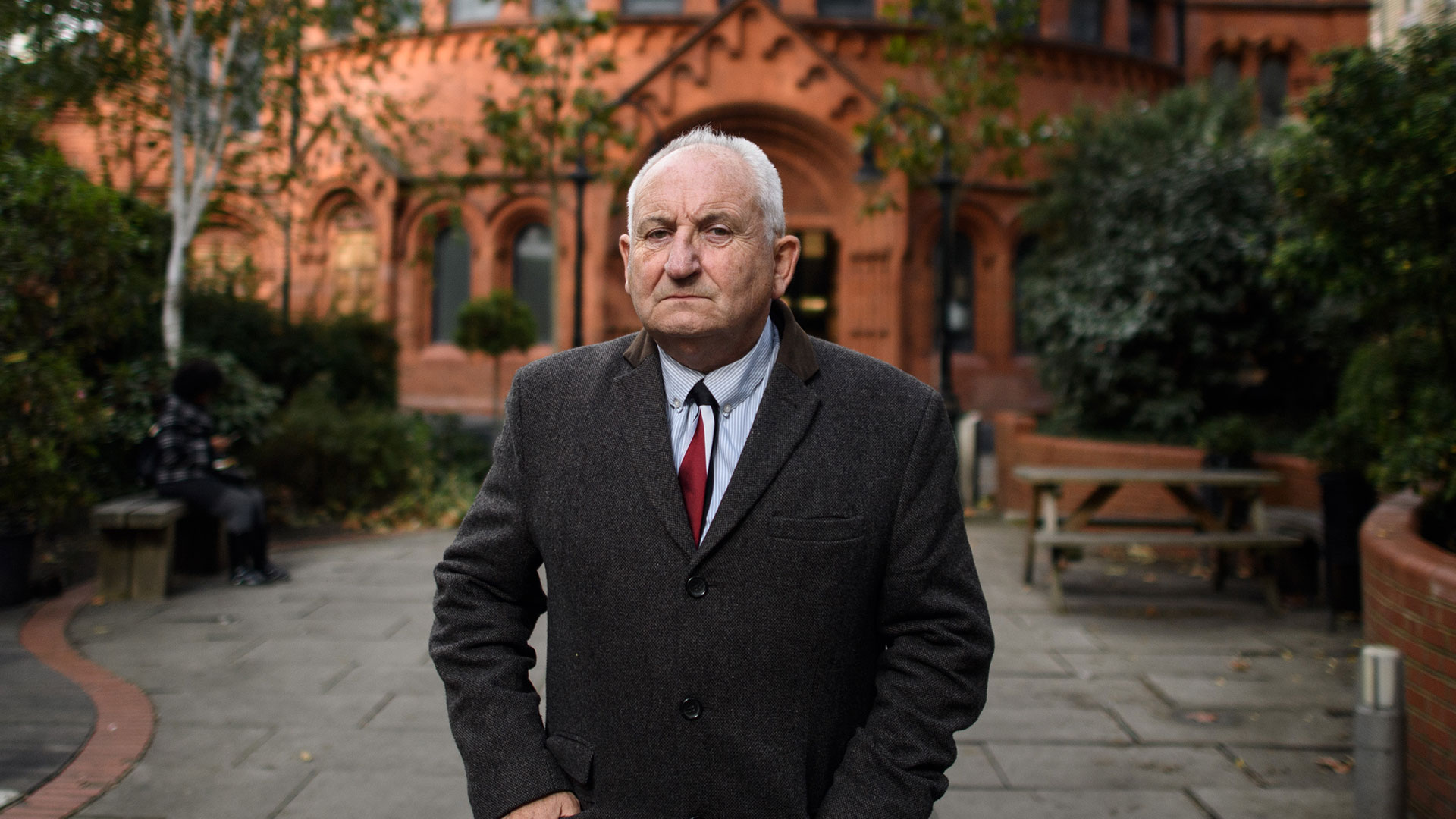When we have people falling into ill health and clogging up our hospital beds, our GP surgeries and our A&E departments, then we have to think: how can we prevent this failure happening?
When we have people ending up in prison, who go in bad and come out worse, who have few literacy skills and who often have mental health problems, we have to ask: how can we prevent this failure from happening?
What do we do when the beaches and cliffs start falling into the sea? We build a preventing sea wall to stop the coastal erosion. But do we do the same thing when it comes to the children who fail at school, who end up as the long-term unemployed, the prison inmate or the homeless, or the ones who have all the crap jobs and no social opportunity?
When probably about 70 per cent of the time in parliament is about matters pertaining to poverty, you can see that preventing poverty from happening is vastly superior to the constant locking of the stable door after the horse has bolted.
Whether we like it or not, we do not live in a world where prevention rules. We spend much of our health budget responding when what could have been prevented was not prevented. We spend much of our crime budget responding when what could have been prevented was not prevented.
Education, health and crime are three big areas in our lives, in the way the government spends our money. If we really want to do something about these areas then we have to look at ways as to how we could stop things happening before they happen. We have to develop a science of prevention. And that science has to exist right at the centre of government.
Advertising helps fund Big Issue’s mission to end poverty
The government, if it was wise, would set up a prevention unit. A body of people who would look, measure and evaluate all government departments on the basis of how they respond to prevention opportunities. And what policies are necessary to prevent the preventable.
We have to develop a science of prevention. And that science has to exist right at the centre of government
We have many bottlenecks in society. In order to prevent more, or even get rid of the existing bottlenecks, we need to turn many governmental actions on their head. And do things ahead of the curve, ahead of the collapse, ahead of the problem occurring.
The children in our schools who fail often come from failing families. So we have to find a more robust way of helping those families. So there’s work there to do with how do we support our children so that, in spite of the unevenness of poverty they come from, they can be supported out of it. And they don’t then duplicate the poverty that they come from in their
later lives.
Social Security has to be turned into Social Opportunity. It has to be not simply a way of giving someone a minimum and then warehousing them outside of society.
A prevention unit would look at those examples of where social security has been converted to social opportunity. It would look at answers to social problems and not simply be a kind of ‘putting up with a damaged and damaging system’.
It could be a powerhouse for innovation. It could reduce the costs of poverty by suggesting ways of ending poverty.
Advertising helps fund Big Issue’s mission to end poverty
We need a Prevention Unit right in the centre of government because government cannot govern in the same old way.
For if Brexit proved one thing, it proved that in the background we were building up an army of people who were socially immobile. And many of those voted to leave.
Helping people into social opportunity needs to happen. A Prevention Unit that looked at all government policies and actions could be a godsend in that fight to make the world a better place for the many who got left behind, and therefore wanted to leave.
John Bird is the Founder and Editor in Chief of The Big Issue. Email him at john.bird@bigissue.com or tweet: @johnbirdswords









